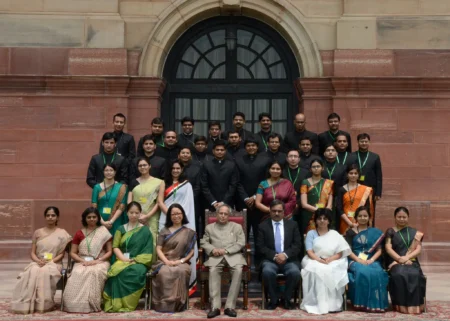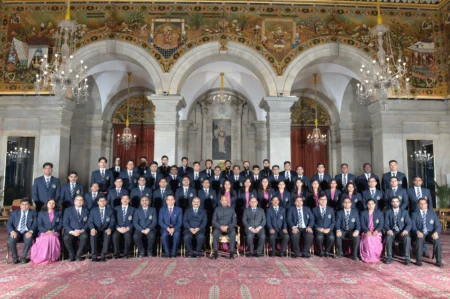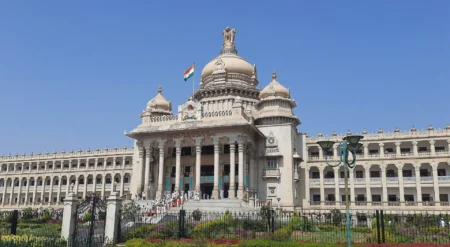Browsing: Indian Bureaucracy
The Indian bureaucracy refers to the administrative machinery of the Government of India, comprising career civil servants who are responsible for implementing laws, managing public services, and advising ministers. At its core is the Indian Administrative Service (IAS), along with allied services like the Indian Police Service (IPS) and Indian Foreign Service (IFS), among others. These officials are recruited through the highly competitive Civil Services Examination conducted by the Union Public Service Commission (UPSC). The bureaucratic structure operates at both the central and state levels and is guided by a strict hierarchy, rules-based functioning, and a commitment to neutrality and continuity, irrespective of political changes.
While the Indian bureaucracy has been instrumental in maintaining governance across a vast and diverse country, it is often criticized for inefficiency, red tape, and lack of accountability. Legacy practices from the colonial era sometimes hinder innovation and responsiveness. However, reforms in recent years have aimed to increase transparency, digitize services, and promote citizen-centric governance. Despite its challenges, the bureaucracy remains a crucial pillar of India’s democratic framework, serving as the link between policy formulation and its execution on the ground.





